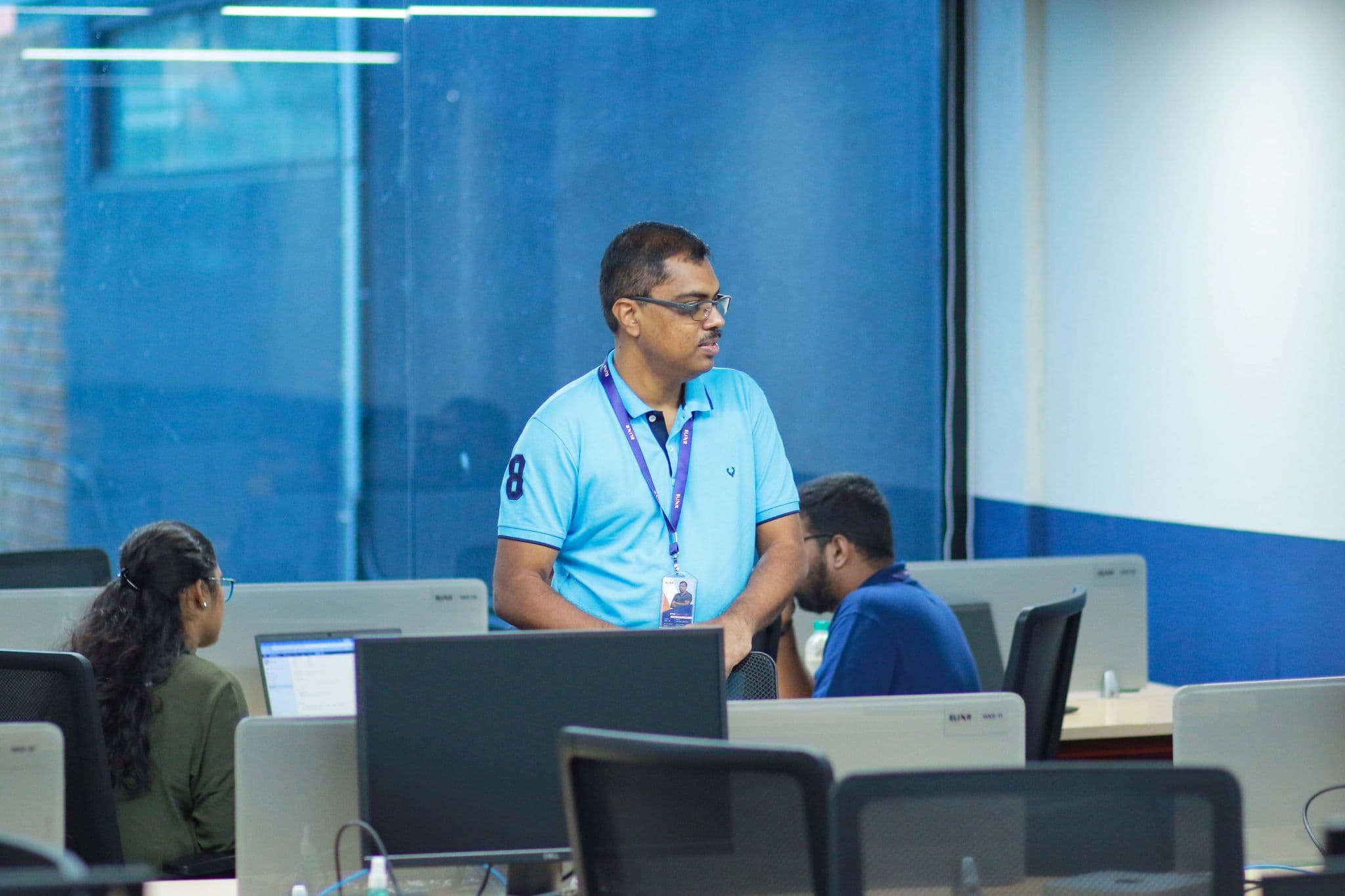
Our phones are like extra arms and legs for us these days, right? We check them all the time! In fact, studies show that the average person checks their phone a whopping 150 times a day! That's like checking it every few minutes!
This statistics alone highlights our deep relationship with technology.
However, along with many negative impressions, it also helps us in certain things such as, creating new things, talking to our near ones all over the world, and making big improvements in our lives.
But, even though it’s really helpful, overuse of technology can also cause problems too.
We need to identify such problems first and work on solving them to make sure technology stays good for everyone.
Technology changed our lives for good. But is it always good?
Let’s look at how technology can distract us, make our privacy less safe, and take over our jobs.
Don't let your phone become a distraction! This guide will help you understand the secrets of maximising its benefits and minimising its disruptions.
How Much Phone Time? Daily Usage Stats Revealed!
Phones are taking up way more of our time than ever before! A new study shows Americans are glued to their phones for an average of 4 hours and 25 minutes a day. That's a big jump from just 2 hours and 54 minutes in 2022.
This usage indicates more time spent scrolling social media, playing games, and connecting with friends. But it also raises questions about the impact on other aspects of their lives as well.
Importance of Minimising Interruptions
One of the major challenges people face today is that they are being distracted more often. Our cellphones keep on flashing with alerts, messages, making it really hard for us to concentrate on one thing at a time.
It looks like our minds are always tugging from one thing to another. This consistent distraction makes us feel anxious and unable to complete our tasks timely.
Research has revealed that if we are interrupted in the middle of a task, it takes about 23 minutes for us to be able to regain focus again. Ever get the feeling that your phone is taking over your attention?
That shouldn’t come as a surprise, an average of 150 checks per day is not exactly little. This continuous flood of notifications and stimuli can steal away precious moments and concentration from us.
As much as this can impede productivity, it escalates stress levels alongside anxiety ones too. The good news? By practising some simple steps we can tackle this problem too. This simply means that we can concentrate better, feel refreshed, and have a way more fun without getting stuck in a rat race!
Social Media’s Influence on Self-Perception
Sometimes, social media platforms often show only the best parts of people’s lives, creating a kind of illusional world. People always post photos and stories that make their lives look perfect and happy.
These acts often lead to insecurities in others, making them feel like their own lives aren’t as good. Many young people, especially those in Generation Z, feel a lot of pressure to look perfect online.
This means they try to post photos and updates that make their lives look exciting and flawless. They believe they need to get lots of likes and shares to feel good about themselves.
However, this doesn't make sense because the number of likes or shares doesn't actually determine a person's worth or happiness. It's important to remember that what we see online is often not the full picture of someone's life.
This constant comparison can make them feel sad or not good enough. It’s like a cycle where people keep trying to show their best sides only, but it only leads to feeling worse about themselves.
Breaking Out of the Social Media Bubble
Technology has changed everything from how we learn about things. On social media the stuff we see is often what we already agree with. It’s like being in a bubble where we only hear ideas that match our own.
This stops us from thinking about things from different angles and talking to people who think differently. Many people only get news that resonates with their viewpoints, which makes it hard to understand other people’s perspectives.
To make good choices and have better conversations, sometimes it is very important to hear lots of different ideas and viewpoints.
The Threat to Job Security
Robots and computers are automating most of the tasks people used to do earlier. This can make people worried about their jobs. As technology gets better, some jobs are not needed as much anymore.
To solve this, we need to help people learn new skills so they can do different kinds of work that robots can’t do. This way, everyone can keep up with technology and have good jobs in the future.
Addressing Privacy and Ethical Concerns
We need to pay attention to these problems, pretending they’re not there. If you are making a decision by evaluating an online site or buying things from e-commerce websites, you have to be extra careful when using technology. Here’s what we can do:
- Bridging the Digital Divide: It’s high time to teach people about the negative impact of technology. Programs that teach about computers and phones can help us learn about keeping our personal data safe, being careful with social media, and managing how much time we spend on unknown websites.
- Encouraging Mindful Usage: We can guide people to use technology in a better way by being careful and not to get distracted while using it. This means deciding when to check our messages, taking breaks from screens, and doing things without using phones or computers sometimes.
- Demanding Ethical Practices: We can ask tech companies to do the needful by enquiring about how they use our information, keep our privacy safe, and make sure their computer programs show us lots of different ideas, not just the same ones all the time.
- Supporting Policies and Regulations: It’s important for governments to make rules that demand a safe usage of sensitive information.
- Reskilling and Upskilling: We should help people learn new things so they can find good jobs even as technology changes.
While technology has improved our lives, it also brings challenges. Phones can distract us a lot, and social media can make us feel bad when we see perfect pictures that aren't real.
Our personal information can be at risk because companies collect it without our explicit consent.
Some people worry that robots might take their jobs someday. That's why it's important to be smart about technology.
We need to learn to use it well and not let it distract us all the time. Also, it's important to ask companies to be honest about what they do with our information and to keep our stuff private.
This way, technology can be a fun and helpful tool for everyone. Governments should make rules to keep our information safe and make sure technology helps everyone.
It's also important to help people learn new skills so they can find good jobs even with new technology around.
How do you think we can make people more aware of the downsides of technology and encouraging responsible usage without stifling innovation?

How Far Has Global Healthcare Come? The Journey So Far!

The Unconventional Leadership Strategies That Led to Elixr Lab’s Success

Are You Making This Costly Mistake as an Entrepreneur?
